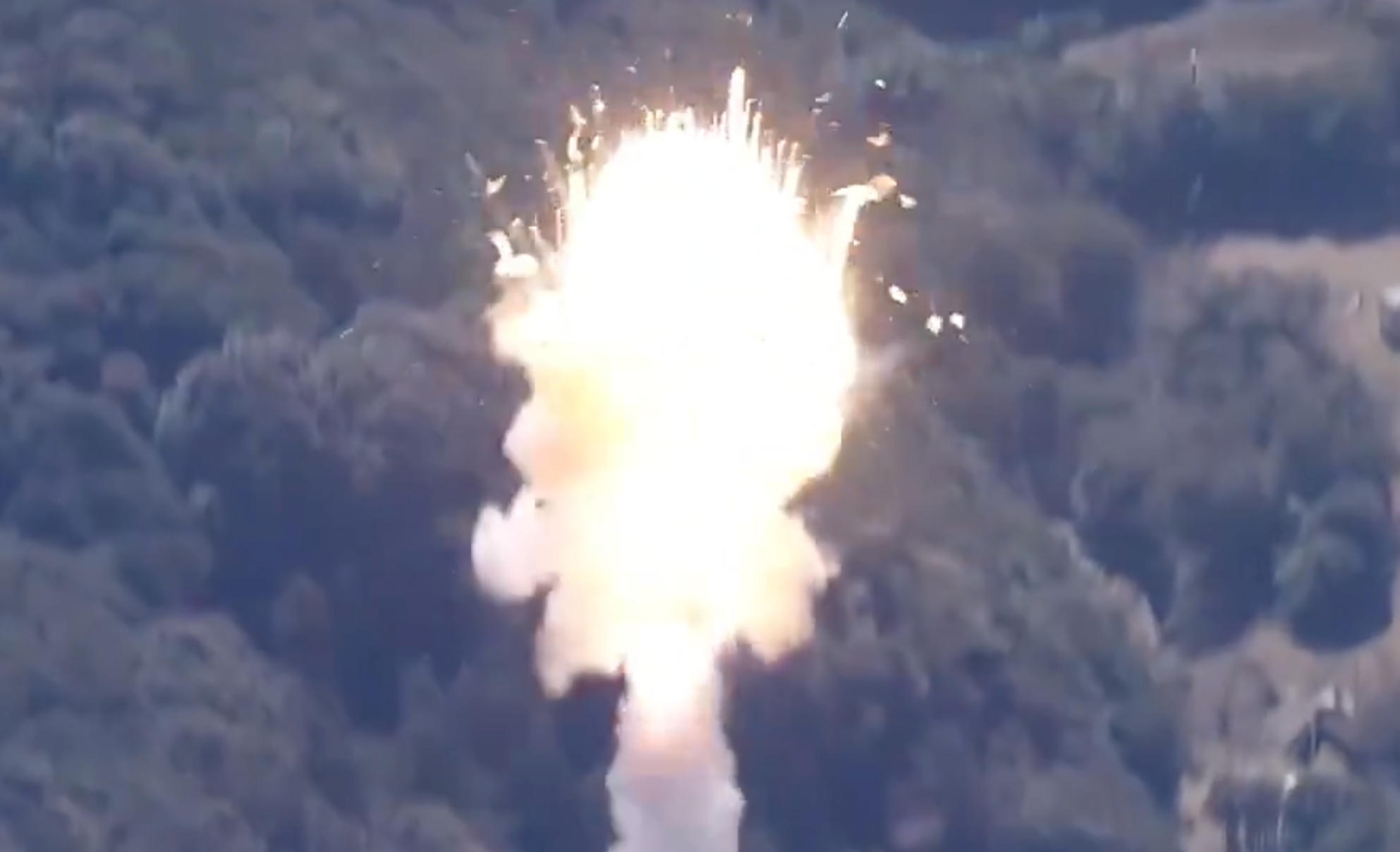Japan’s Space One terminated the flight of its Kairos small rocket shortly after liftoff on Wednesday, marking the end of its second attempt in nine months to become the country’s first company to deliver a satellite to space.
It is the latest in a series of recent setbacks for Japanese rocket development, even as the government looks to boost the domestic space industry and is targeting 30 rocket launches annually by the early 2030s.
Authorities are pushing to make Japan Asia’s space transportation hub in what they hope will be an 8 trillion yen ($52 billion) space industry.
The second Kairos flight, which only lasted about 10 minutes, was terminated because “the achievement of its mission would be difficult”, Space One said in an email to reporters.
Live images from the local Wakayama prefecture government showed the 18-metre (59 ft) solid-propellant rocket blasting off from Spaceport Kii in western Japan at 11:00 a.m. (0200 GMT) but losing stability in its trajectory as it ascended.
Five small satellites, including one from the Taiwan Space Agency, were on board the rocket headed into sun-synchronous orbit roughly 500 km (311 miles) above the Earth’s surface.
Space One is investigating the incident and will host a press conference at 2:30 p.m. local time, the company said.
Tokyo-based Space One was founded in 2018 by Canon Electronics, T aerospace unit, construction firm Shimizu and a state-backed bank, with the goal of launching 20 small rockets a year by 2029 to capture growing satellite launch demand.
At its debut flight in March, Kairos, carrying a Japanese government satellite,exploded five seconds after launch.
Inappropriate flight settings triggered the rocket’s autonomous self-destruct system even though no issues were found in its hardware, Space One later said.
A lack of domestic launch options has seen emerging Japanese space startups such as radar satellite maker iQPS and debris mitigator Astroscale tapping on SpaceX’s rideshare missions or leading small rocket provider Rocket Lab.
Recent Japanese rocket projects have also faced other setbacks.
The Japan Aerospace Exploration Agency (JAXA) postponed the debut flight of the new solid-fuel launcher Epsilon S after its engine combustion test failed last month for a second time.
JAXA’s larger liquid-propellant rocket H3 also failed at its inaugural launch in March 2023 but has succeeded in three flights this year, winning orders from clients such as French satellite giant Eutelsat.
In 2019, Interstellar Technologies became the first Japanese firm to send a rocket into space without a satellite payload, but its orbital launcher Zero is still under development.
(Reuters)




















